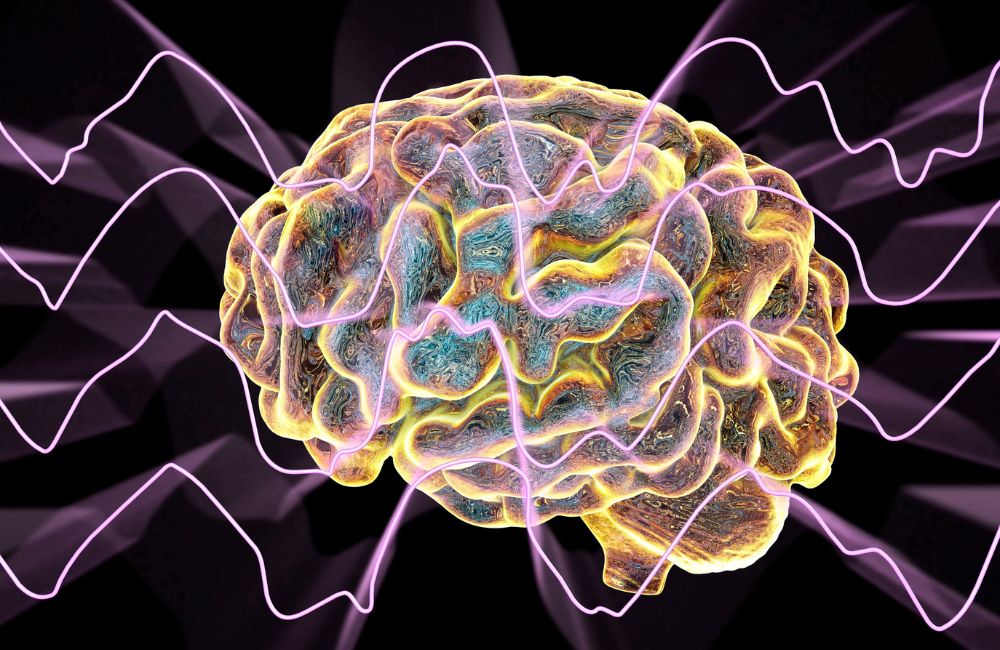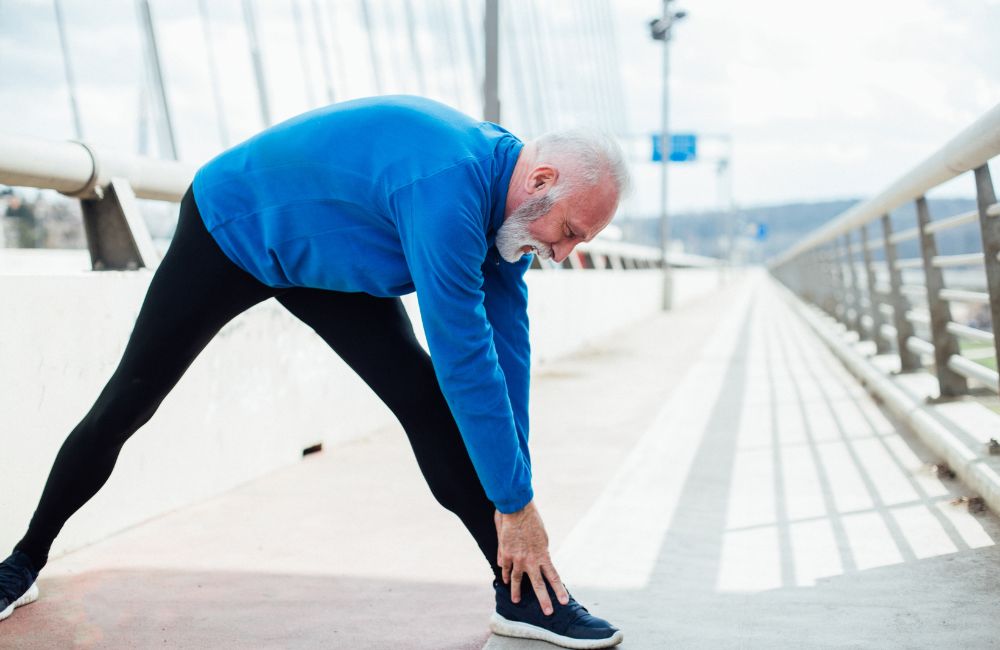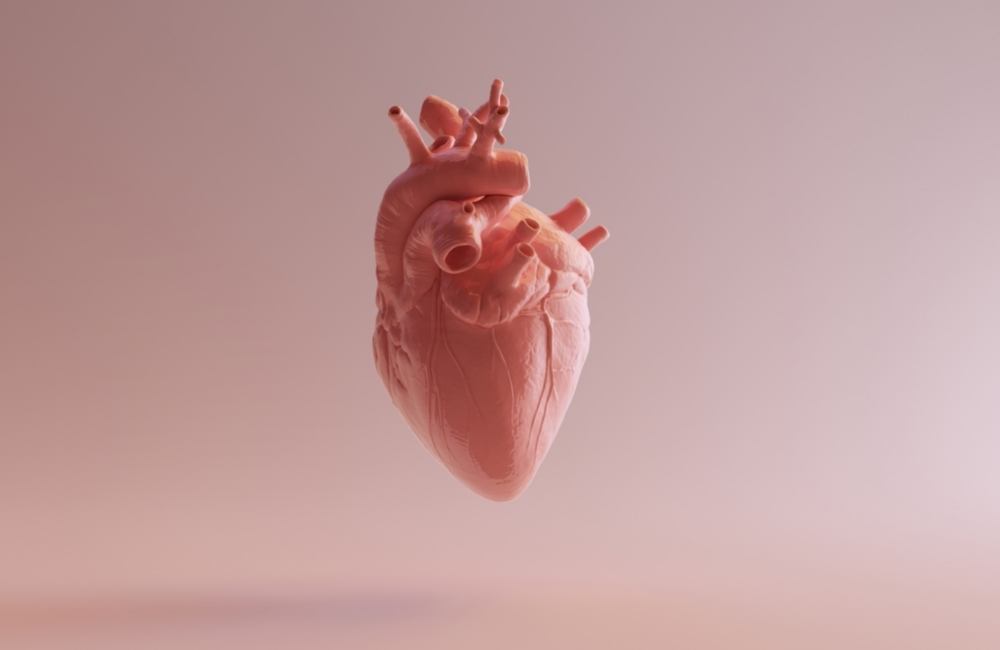
Many of us have lost sleep during stressful times in our life. Although this is normal, researchers have found a connection between high anxiety and sleep deprivation.
The good news is scientists believe you can rewire your brain to cut down on anxiety. How do we do this?
According to a recent study published in the journal Nature Human Behavior, we work on getting more deep sleep
Sleep and Anxiety

Anxiety disorders are on the rise, and they are starting with teens and young children. According to the National Institute of Health, 1 in 3 adolescents ages 13-18 will develop an anxiety disorder [1].
Anxiety disorders can be complex however, the cause may be simpler than many realize. According to a recent study from the University of California Berkley, it starts with sleep.
The Study
Researchers separated this study into three parts.
The first part used sleep data from 30 participants. They found that those who had more deep sleep at night had lower levels of anxiety during the day.
The second part gathered survey data from 280 participants over 4 days. During this time researchers found that regardless of personal sleep habits, quality and length of sleep were big indicators of the impacts of anxiety the following day.
Lastly, the third part used the original 18 participants. Researchers showed them a series of disturbing content after a good night of sleep and a poor night of sleep.
The researchers then used brain scans to determine that after a sleepless night, the medial prefrontal cortex in the brain shuts down. This is the area of the brain responsible for logic.
Areas such as the amygdala then started up. The amygdala is the area of the brain responsible for fear. This information allowed researchers to conclude that there is a relationship between lack of sleep and increased levels of anxiety [2].
Deep Sleep
When it comes to sleep, it’s about the quality and not just the quantity. Taking a nap during the day will not save you from developing anxiety.
According to this study, a good night of deep sleep is the requirement to help reduce anxiety symptoms during the day. So, what is deep sleep?
During the night, we experience two different kinds of sleep: rapid eye movement, also known as REM sleep, and non-REM sleep.
REM sleep is often associated with deep sleep however, it’s non-REM sleep that is most impactful on anxiety. This is when your brain waves and heart rate are reduced the most during the night.
Although you are resting, your brain remains active. This is where the rewiring comes in. Your brain is using this restorative time to create new neural pathways that help improve immunity, memory, and anxiety levels.
Tips to Improve Your Sleep
Getting the recommended 8 hours of sleep a night isn’t always easy.
Below are some tips from researchers at Berkley to improve your sleep and get that anxiety-reducing non-REM sleep you need.
Tip #1 is to set a consistent bedtime and waketime. This will help your body get used to falling asleep and waking up around the same time every day. It will keep your circadian rhythm working efficiently and allow you to fall into REM and non-REM sleep faster.
Tip #2 is to cut out exposure to blue light at least 1 hour before bed. This means saying goodnight early to your TV, computer, cellphone, and tablet. The bright light from the screens can impair your circadian rhythm.
Tip #3 is to keep your sleeping area cool. Research has found people fall asleep faster at lower temperatures, between 65-70 degrees.
If you continue to have trouble trying to fall asleep or stay asleep at night, resist the urge to get on your phone or computer. Instead, practice calming techniques to get you relaxed, such as meditation.
Bottom Line
Turns out sleep is more important for our well-being than we realized. If you find yourself struggling with anxiety during the day, you may want to look at your sleep habits.
Taking some time to prioritize sleep can go a long way. It may even make a big difference in your quality of life. So go ahead and turn off the lights early.


